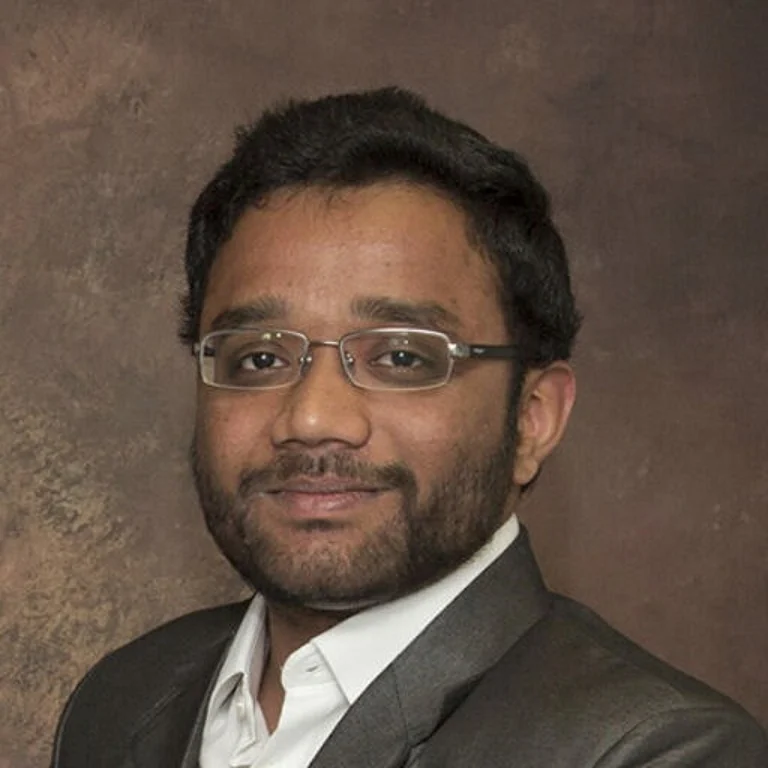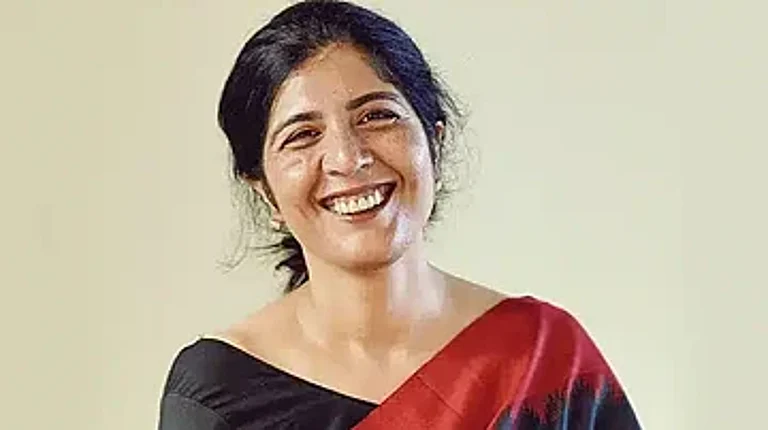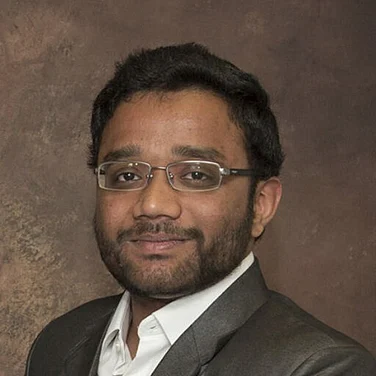Agriculture is a cornerstone of economies throughout the Americas, supporting millions of livelihoods from Canada to Argentina. However, it also faces significant challenges — including climate change, resource limitations, and outdated farming methods — that threaten its sustainability and productivity.
To address these challenges, AI expert Abhay Sarda joined Traive, an innovative agri-fintech company that uses AI-driven risk analysis to connect investors with sustainable agricultural projects. In doing so, Abhay is modernizing farming and improving access to crucial funding for farmers throughout the Americas.
Learn more about Abhay’s work and how he’s impacting environmental sustainability and economic prosperity across the Western Hemisphere.
The Challenges of Modern Agriculture
Farmers throughout the Americas face a host of challenges that prevent the industry from meeting its full potential. For one, securing adequate funding remains a critical issue, particularly given the capital-intensive nature of modern agriculture.
“The financial demands of farming are substantial across the board,” Abhay explains. “Whether in California or Colombia, a farmer aiming to generate $1 million in revenue might need to invest $600,000 up front. This high barrier to entry makes better access to finances essential for farmers across the Americas.”
Another significant challenge is the fragmented nature of agricultural data across different countries and regions. With each region having its own methods for collecting and storing data, the industry requires adaptive solutions capable of functioning across diverse cultures.
Such challenges demand innovative solutions — which are precisely what Abhay and the team at Traive are developing.
Abhay Sarda: Pioneering AI Solutions in Agriculture
Abhay discovered his passion for data science and machine learning during his undergraduate research on solar energy at the National University of Singapore. After completing his master’s in electrical and computer engineering at Boston University, Abhay decided to forgo the traditional tech career path. Instead, he joined Traive as a machine learning engineer, hoping to build something from scratch and create impactful solutions.
Five-and-a-half years later, Abhay is now Traive’s director of data and machine learning and spearheading the company’s AI strategy.
To address the challenges of modern agriculture, Abhay and his team are employing cutting-edge AI techniques. “We’re leveraging knowledge graphs to connect disparate pieces of information and create a more comprehensive understanding of agriculture across different countries,” Abhay explains. “We’re also using large language models to interpret and explain this complex data in multiple languages.”
This allows Traive to not only process vast amounts of fragmented data but also communicate its insights effectively across language barriers. “It’s about making our AI solutions truly accessible and actionable for farmers, investors, and policymakers — from Canada to Argentina,” Abhay says.
Under Abhay’s leadership, Traive has made remarkable strides, assessing over 10,000 credit requests (worth approximately 1.82 billion USD as of 2024). After initially focusing on Brazil, the company is now expanding its reach to Mexico and Colombia, with long-term plans to cover more countries across North and South America.
Traive’s Impact on Agriculture Throughout the Americas
Traive’s approach to agricultural finance is transforming the industry. By leveraging satellite imagery and sensor networks, the platform provides comprehensive risk analyses that cover crop monitoring, yield forecasting, and credit scoring. This approach gives investors rich insights into the viability and sustainability of agricultural projects across diverse climates and cultures.
One of Traive’s standout achievements has been in green financing. In Brazil alone, its program achieved a 0% non-compliance rate among 32 participating farms, which collectively produced substantial crop yields while preserving thousands of hectares of forest. Now, as Traive expands into Mexico and Colombia, the company is poised to replicate and adapt this success across different regions.
The Future of AI in Western Agriculture
Abhay envisions a future in which AI plays an even more integral role in agriculture. He foresees AI systems capable of processing vast amounts of crop data, automating labor-intensive tasks, providing real-time insights to farmers, and predicting potential issues like crop diseases or pest infestations before they become critical — all while accounting for diverse agricultural practices.
“Our goal is to create a pan-American agricultural intelligence network,” Abhay says. “We’re not replacing human expertise; we’re augmenting it with data-driven insights that can be shared and applied across borders, helping farmers make more informed decisions about resource management, crop selection, and sustainable practices — regardless of their location.”
As Traive continues to expand its reach across North and South America, Abhay’s work promises to play a crucial role in shaping a more sustainable and prosperous future for agriculture throughout the Western Hemisphere.


























